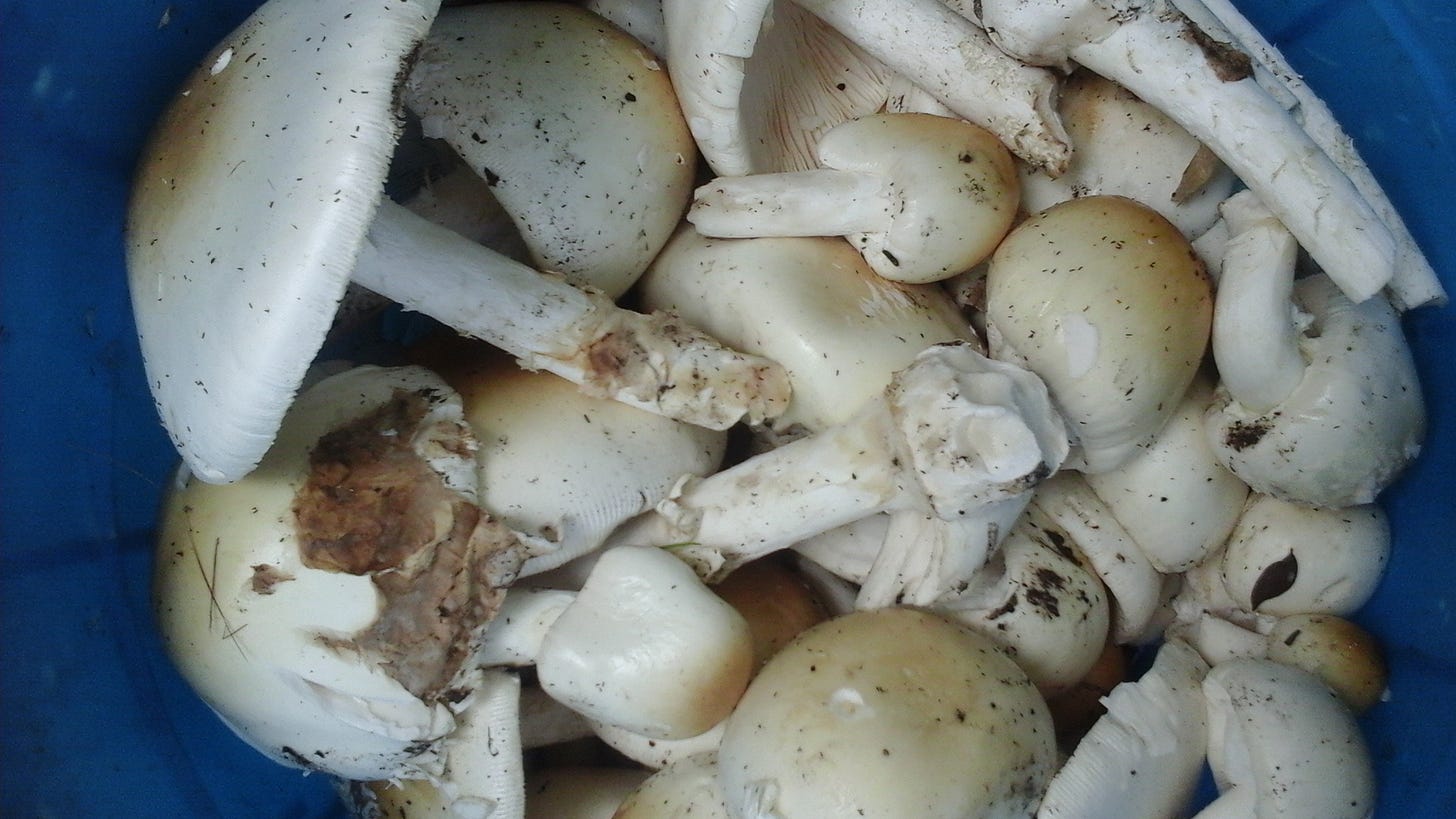SAFE FOOD - Africa's unregulated markets flooded by unsafe food
The production and consumption of unsafe food persist or increases in less regulated African markets resulting in consumer buying maize that is infected for instance by mycotoxins

NAIROBI, Kenya (Planet Defence) - Africa is witnessing a ten percent surge in the number of products affected by sanitary and phytosanitary measures, contributing to a decrease in agricultural exports by around three percent, as highlighted by Chiluba Mwape, a senior advisor on phytosanitary issues at the African Union Commission in Addis Ababa, during a conversation writes Jose Fucato in Nairobi, Kenya
Mwape conveyed these observations at the sidelines of the 12th meeting of COMESA's Sanitary and Phytosanitary Subcommittee. He emphasized the challenge faced by farmers and exporters in meeting the requirements linked to sanitary and phytosanitary (SPS) measures. Additionally, the production and consumption of unsafe food persist or increase in less regulated African markets.
Representing the African Union Commission, Mwape stressed the criticality of collective action in reinforcing regional coordination. He underscored the need for transparent, harmonized, and science-based sanitary and phytosanitary systems to tackle emerging and recurring threats posed by food-borne hazards, plant pests, animal diseases, and climate change.
Addressing these limitations necessitates a heightened commitment to the Comprehensive Africa Agriculture Development Programme (CAADP) and the Malabo commitments. These initiatives aim to combat hunger, enhance intra-African trade in agricultural products and services, and bolster livelihoods and production resilience.
"This multifaceted approach requires investments in sanitary and phytosanitary infrastructure, governance capacity building, and the establishment, strengthening of regional-level structures among member states," he stated.
Chiluba highlighted the African Union Commission's efforts in enhancing coordination and cooperation between member states. These initiatives aim to harmonize regulations and enhance food security within various regional economic communities.
Furthermore, he mentioned the African Union's policy framework development concerning sanitary and phytosanitary measures, focusing on food safety, phytosanitary standards, and animal health strategies. Member states continue to enhance their capacity to detect and manage food-borne diseases, plant pests, and animal diseases.
"These capacity-building endeavors are vital to expedite the implementation of the African Continental Free Trade Area, aligning with Africa's aspirations outlined in Agenda 2063, aiming for a prosperous Africa founded on inclusive growth and sustainable development," he emphasized.
Limbikani Matumba, a Professor of Food Safety and Analysis at the Lilongwe University of Agriculture and Natural Resources in Malawi recently told Planet Defence that many African countries, much of our food comes from informal markets or is homegrown.
So, if one doesn’t know about mycotoxin, it is very dangerous. As a result, there is a pressing need to educate both growers and consumers about the threats that are posed mycotoxins.
“As such efforts must be made to raise awareness among producers, who are often consumers themselves, and to inform consumers who purchase from informal and unregulated markets about the dangers of consuming foods with mycotoxins,” Matumba explained.
He also advocated for reinforced surveillance and monitoring systems, sustained information sharing on emerging SPS concerns, and engagement in research and technology development. These efforts aid in early detection and swift response to food safety risks, as well as outbreaks of economically significant animal diseases and plant pests.
Presently, the African Union Commission, with support from the European Union, through the Sanitary and Phytosanitary Measures for Africa program, collaborates with the Food and Agriculture Organization of the United Nations (FAO) to conduct an assessment of the food safety control system in select African countries.


